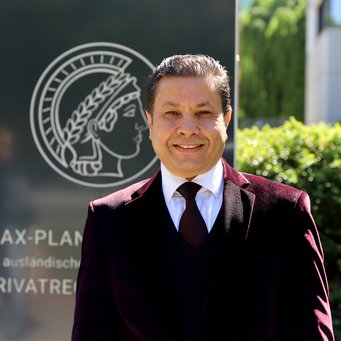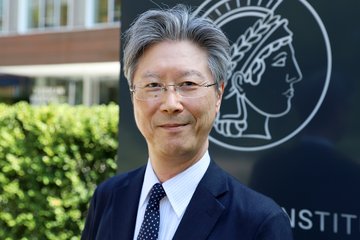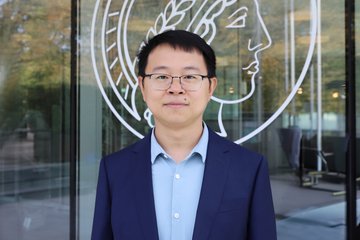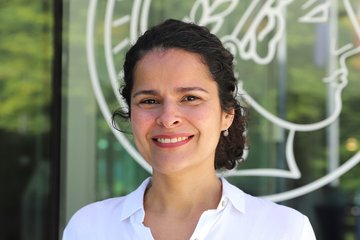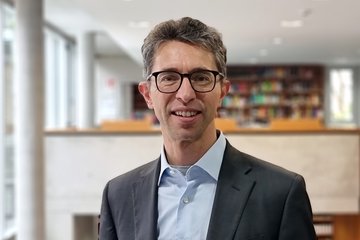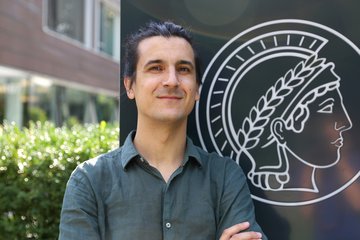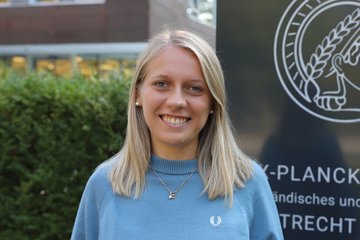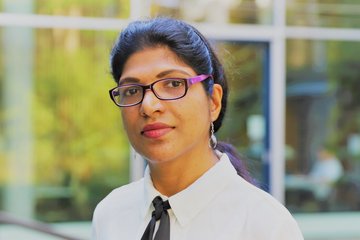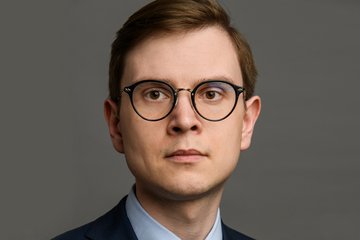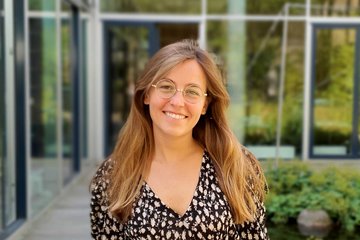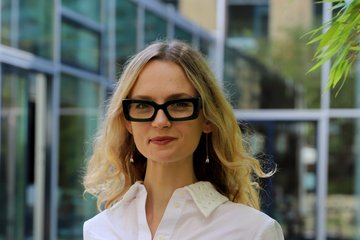Filiation of children born to ISIL fighters from Yazidi mothers
In search of conflict-of-law solutions
Ayad Yasin Husein Kokha is a Full Professor of International Public Law at Salahaddin University-Erbil in the Kurdistan Region of Iraq. His past research and studies have led him to London, Cairo, Georg-August-Universität Göttingen, and the Central European University. In his current research at the Institute as an Alexander von Humboldt Fellow, he examines the family law predicament in which many victims of the crimes of ISIL (the Islamic State of Iraq and the Levant) now find themselves.

Kokha came to the study of private international law through his research into the prosecution of ISIL members for core international crimes, including genocide, crimes against humanity, and war crimes against the Yazidi people of Northern Iraq. In 2014, motivated by their extremist interpretation of Islamic Sharia, ISIL kidnapped and enslaved thousands of Yazidi women and forced them to marry against their will. The sexual violence inflicted on them is a crime under the Iraqi Penal Code, within the framework of Anti-Terrorism Law No. 13 of 2005. For the children born of rape to these women, however, scarcely any regulation applies. Neither Iraqi Personal Status Law No. 188 of 1959 nor the Yazidi Personal Status Normative System allows them to register with the civil registry in order to obtain official documents.
The issue is fundamentally one of a conflict of laws. To understand the problem, it is important to recognize the legal pluralism that defines Iraqi and Kurdistani laws. Iraq, including the Kurdistan Region, grants religious minorities autonomy over family law. Under the Iraqi constitution and the Act of Protecting the Rights of Components in Kurdistan-Iraq No. 5 of 2015, members of the Yazidi minority are subject to the Yazidi Personal Status Normative System. Because the Iraqi, Kurdistani, and Yazidi authorities do not recognize the forced marriages between ISIL fighters and kidnapped Yazidi women, such marriages are not, legally speaking, a basis for establishing the paternity of children born of them. The issue of filiation then comes down to the family law of the mother’s religious group.
These children are confronted by a triangle of obstacles: Legal, religious, and social impediments have led to their rejection by the Yazidi community. Legal challenges are posed by Iraqi criminal jurisprudence, which appears to categorize the types of crimes committed by ISIL against Yazidi women under the concept of sexual crimes, specifically as a ‘rape offence’. At the same time, courts have remained silent on the fate of children born from this crime. The Iraqi Personal Status Law does not directly address such cases, referring instead to the general provisions of Islamic fiqh (jurisprudence). Religious obstruction arises from the Yazidi Personal Status Normative System, represented by the Yazidi Supreme Spiritual Council, which refuses to accept children fathered by ISIL members into the Yazidi community. This decision is based on the Yazidi religious doctrine of endogamy, which prevents children born to non-Yazidi fathers from becoming Yazidi. As a result, many women who have given birth to children by ISIL fighters refuse to recognize their own motherhood in relation to these children, because if they did, the affected women would be barred from returning to their community.
This situation has led to a humanitarian crisis, as for countless children, there is no possibility of obtaining official documents or accessing other personal rights as long as their filiation is not established. So far, the Iraqi state has not come up with an adequate and durable solution and has not enacted appropriate legislation. With his background as an internationally experienced legal scholar, Kokha is approaching the problem from a comparative law perspective in order to develop concrete proposals.
Given the complexity of the issues, the path forward remains to be seen. The Institute law library has, however, been able to turn a corner thanks to Kokha’s support: After noticing that the collection lacked Kurdish legal literature in its original languages of Kurmanji and Sorani – both official Kurdish languages – he donated a number of works in each language. At his suggestion, the library has also begun a collection of core Kurdish-language law books. And so it is now that two new writing systems have entered the library’s holdings. One, Hawar, is based on the Latin alphabet, which is primarily used for writing the Kurmanji-based dialect of Kurds in Syria and Turkey. The other, the Kurdo-Arabic alphabet, is an Arabic script that includes Persian characters and is used to write in the Sorani-based dialect, which is commonly used by Kurds in Iran and the Kurdistan Region of Iraq. These additions have filled a hidden gap in the library’s global collection.
Professor Ayad Yasin Husein Kokha is an Alexander von Humboldt Fellow being hosted by the Institute as a visiting scholar from August 2024 to January 2026 in connection with his research project “The Filiation of Children Born to ISIL Fighters under Private International Law”. His guest lecture “The Legal Status of Children Born to ISIL Fighters under Iraqi and Yazidi Family Laws”, held on 4 February 2025, can be viewed here.
Image: © Max Planck Institute for Comparative and International Private Law / Johanna Detering
